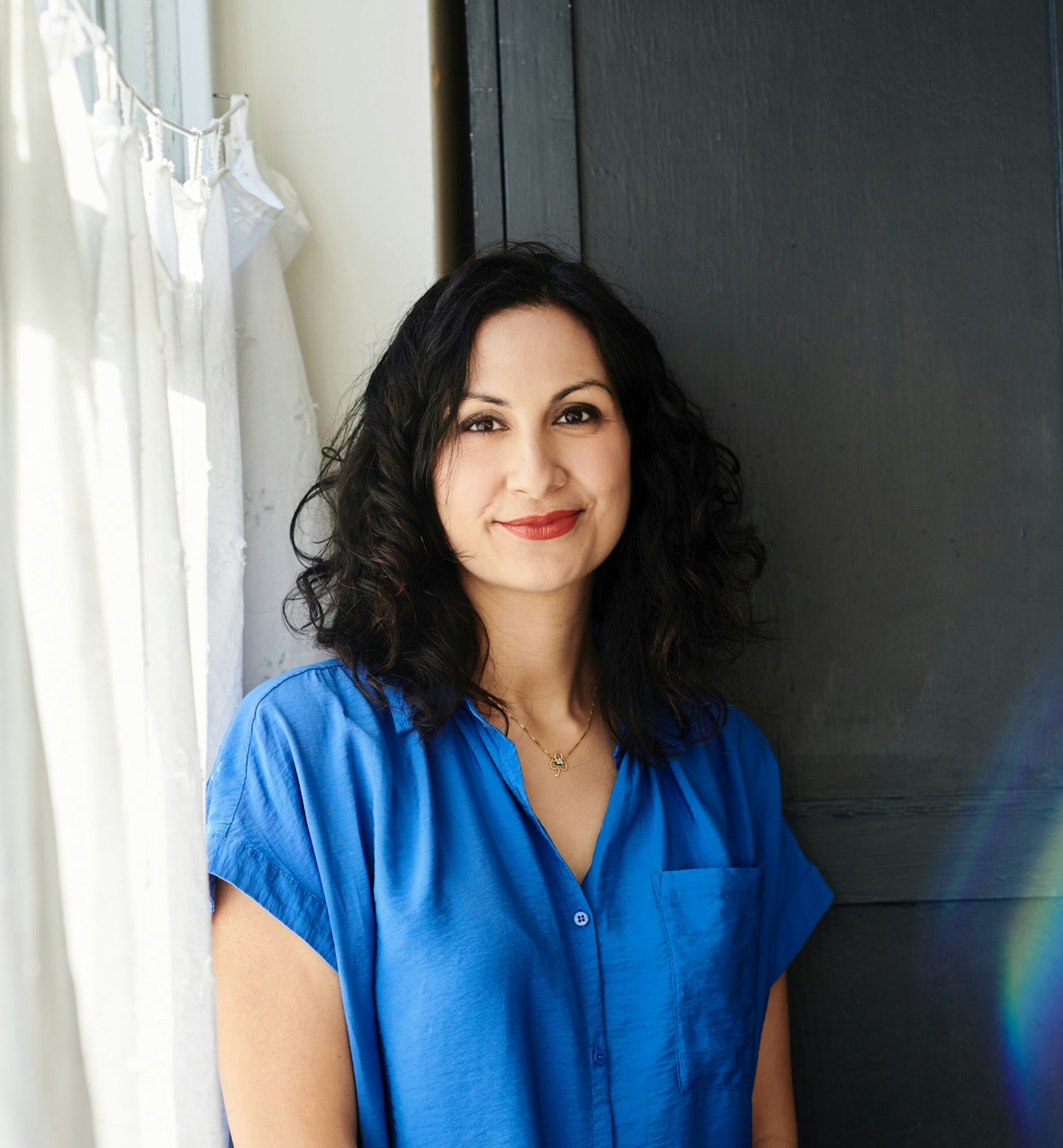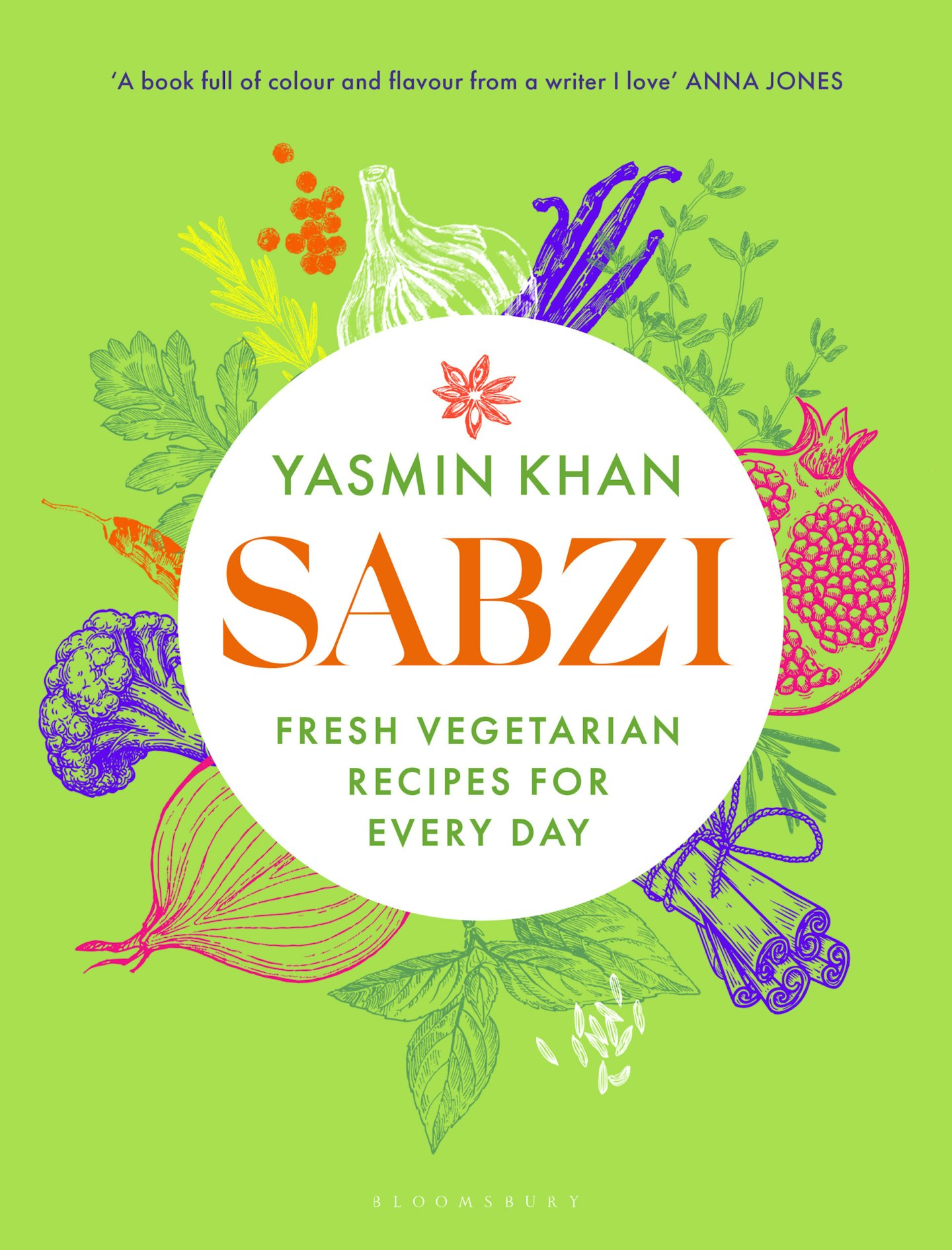Yasmin Khan spent years of her 30s hoping for a child. But her path to conceiving was a 'very long, very arduous and very traumatic' journey. The author, broadcaster and human rights campaigner has been blessed with a one-year-old daughter, but stresses before giving birth, she never knew if motherhood would happen for her. But then in a cruel twist, after finding herself pregnant, she was then plunged into some of the worst months of her life.
'I had five miscarriages, I had a relationship breakdown, IVF with a sperm donor, and then I met my husband,' she shares. Looking back, she describes her pursuit of children as an 'obsession'. Her singular focus on this outcome quickly transformed into a mounting pressure she felt trapped in.
It was only after meeting her partner, she began to consider using donor eggs or not having children at all. Ironically, she then naturally fell pregnant at 42 with her daughter arriving last year. But sadly this wasn't the smooth transition into being a parent that she'd dreamed of.
'The first six months after my daughter was born were some of the hardest times of my life. I ended up having quite a traumatic birth and I was just totally shell shocked,' she says.
She recalls her waters breaking and being in the hospital waiting room for five hours, drenched in sweat with intense contractions and scared. Even after her contractions reached every 90 seconds, Khan was left in triage. Her husband begged doctors and nurses for a room and pain relief, but neither were given to her. She now wonders if the hospital had run out of rooms.

Feeling like she was running out of options, she asked for an emergency C-section in the hopes of being seen faster and given a room, as they were in separate areas to vaginal birthing rooms. It worked, and she gave birth with an unexpected C-section, but she was left with a great deal of trauma and questions over why she had to problem-solve her birth; why she was left in the waiting room for so long, and what could have happened if things had gone differently.
'It's not about the physical scars. It's just like a psychological moment when you are so vulnerable and so afraid to be abandoned. I was like, "no one's going to help me. I'm going to have this baby right here." And then you're embarrassed because you're surrounded by people who are probably just looking at you.
'When they finally gave me the baby I was so disassociated. I couldn't even hold her.' After a year of desperately trying to conceive, this wasn't how she'd imagined the first moment with her daughter.
'That shock and trauma lasted a long time,' she shares. It's only now, a year on, she can face the fact she had birth trauma. 'Whenever anyone would ask me about how the baby was in the first month, I would just talk about the birth, and I couldn't talk about the birth without crying.'
Like many women, she found some solace and heartbreak in researching how common traumatic births are (it's estimated to be 30,000 women a year, in the UK alone). But then she faced another hurdle: breastfeeding. She notes how birth trauma has been shown to influence mothers' ability to breastfeed. Khan's milk didn't come in and she was also in an extremely bad way mentally.
It was only by day 10 she developed milk, so she had to supplement with formula. She describes feeling like 'an existential failure' because of this however. 'My whole identity is about feeding. I'm a cookbook author - I love feeding. It's how I show my love. It's how I connect.' To feel like she physically couldn't do this for her baby felt devastating. She spiralled into a sense of 'failure and anxiety'.
Much like her drive to conceive, she set herself the singular goal of breastfeeding. She spoke to a lactation consultant, changed how she breastfed, took countless supplements, had acupuncture, tried fennel tea and finally sought solace on Reddit.
After putting an inordinate amount of pressure on herself, she got diagnosed with insufficient glandular tissue, a condition where milk-producing tissue doesn't develop in the way it's expected to. She got the diagnosis through a private doctor and realised she was never biologically able to breastfeed as a result.
Getting a diagnosis changed her life. Suddenly she could reframe her perceived 'failure' as an unavoidable fact. She was overcome with gratitude that formula existed and could then nourish her baby as a solution.

A year into motherhood, and she says she's found her healing through food and being able to feed her daughter nutritious, colourful foods. From chickpea curries for breakfasts, to sharing her plate of food, she prioritises the joy of food and as a result her daughter eats everything. She no longer feels like a 'failure' for not being able to breastfeed.
Reflecting on the past year, she's struck the lifelong journey and struggle of feeding children. From when they're born and the pressure on mothers to breastfeed so soon after they're healing from childbirth, to weathering toddler tantrums over vegetables, and celebrating milestones with cake and meals. If there's anything she's learnt, it's to 'just let go of the pressure' of doing things 'right'. Her daughter is happy and healthy.
Sabzi - Fresh Vegetarian Recipes for Every Day by Yasmin Khan is available to buy now
Ruchira Sharma is Acting Senior Editor at Grazia, where she writes and edits features for print and digital. From online dating culture, to cryptocurrency and online conspiracy theories, she's most interested by how online life shapes society, and co-hosts the pop culture podcast Everything Is Content.
